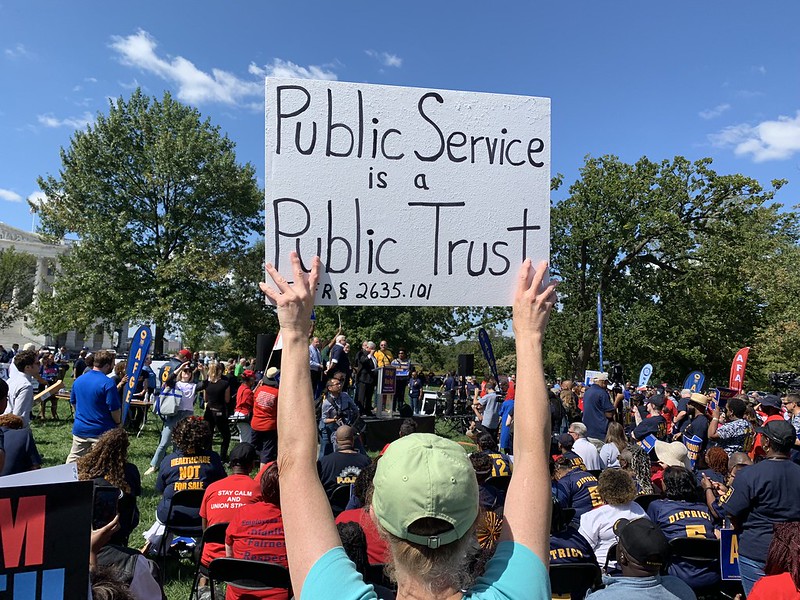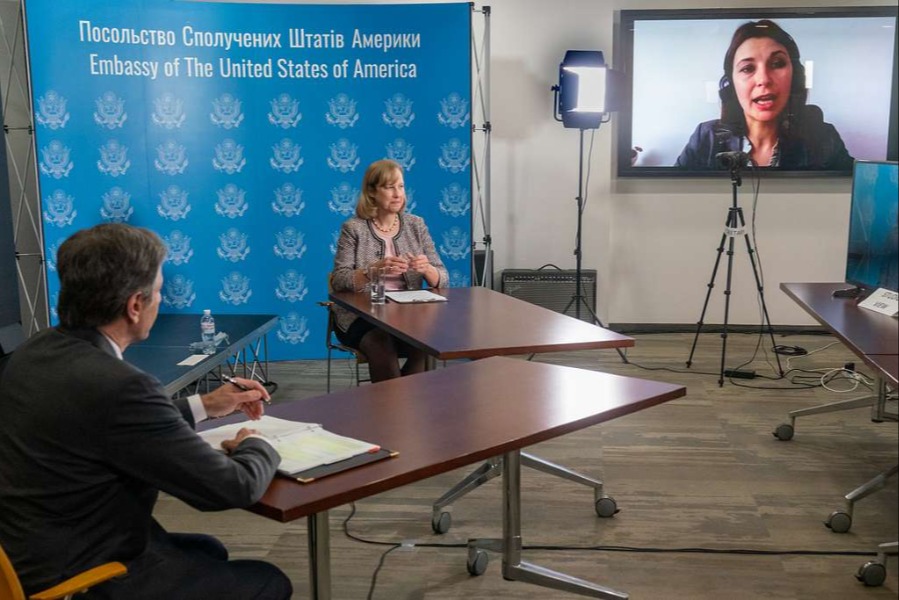Dissent from a CCR Board Member Regarding the al-Aulaki Suit, and a Curious Response from CCR's Executive Director
A fascinating story in the Guardian today concerning objections within the human rights community to the ACLU/CCR lawsuit on behalf of Anwar al-Aulaki. Most notably, the story quotes a member of CCR's Board of Trustees--Professor Karima Bennoune (Rutgers Law)--as follows:
"I support the important work the centre has done on torture and extraordinary rendition," said Bennoune, "but I expressed
Published by The Lawfare Institute
in Cooperation With

A fascinating story in the Guardian today concerning objections within the human rights community to the ACLU/CCR lawsuit on behalf of Anwar al-Aulaki. Most notably, the story quotes a member of CCR's Board of Trustees--Professor Karima Bennoune (Rutgers Law)--as follows:
"I support the important work the centre has done on torture and extraordinary rendition," said Bennoune, "but I expressed grave concern at CCR offering to represent Awlaki's interests pro bono. Anwar al-Awlaki is not a detainee; he is still at liberty and able to gravely harm others by inciting and advocating murder." ...
"Since the inception of the case," she said, "there has been increased mystification of who Anwar al-Awlaki is in liberal and human rights circles in the United States. This may in part have resulted from the fact that a highly reputable organisation like CCR was willing to represent his interests, and described him only as 'a Muslim cleric' or 'an American citizen', and repeatedly suggested that the government did not possess evidence against Awlaki."The article also quotes Chetan Bhatt, Director of the Center for the Study of Human Rights at the London School of Economics, expressing similar doubts about the case. Perhaps more interesting still, though, is the response in the Guardian's story from CCR's Executive Director Vincent Warren. Warren defends CCR's focus on the U.S. government by arguing, among other things, that
we don't believe the US should be wreaking violence for political reasons. (emphasis added)Hmm? That formulation implies that the government's motivation is to silence al-Aulaki simply because of political disagreement with him or AQAP...as opposed to being motivated by a desire to stop AQAP from committing violent atrocities against civilians (as AQAP has repeatedly attempted to do and as al-Aulaki himself has repeatedly and explicitly urged). Surely Warren doesn't actually think this? I'd love to hear from him on this point, and will happily post his thoughts if he cares to send them this way. [UPDATE: Vincent Warren sent me a polite note declining to take up this invitation.] Incidentally, before folks on the right become too enthusiastic about Professor Bennoune's critical perspective on the al-Aulaki suit, they might want to take into account her concluding remarks in the Guardian piece, in which she appears to equate the U.S. government's use of targeted killing with AQAP's use of terrorism:
We have to oppose death lists of the US government but we also have to oppose calls for assassination by the likes of Awlaki. We have to find a way to navigate between Scylla and Charybdis.Chetan Bhatt's comments contain a similar caveat, referring to both the U.S. government and AQAP as "advocates [of] extra-judicial assassinations." Do either mean to assert moral or ethical equivalency? I suspect not; one need not believe in such a moral equivalence in order to object to targeted killing on legal grounds in general or in al-Aulaki's particular case, and it would be a mistake to assume that critics hold this view without a clearer statement to that effect. Still, the rhetoric does serve as a reminder of the depth of disagreement that continues to plague counterterrorism policy. If either Professors Bennoune or Bhatt care to elaborate on this point, by the way, I'd be very happy to post their comments.
Robert (Bobby) Chesney is the Dean of the University of Texas School of Law, where he also holds the James A. Baker III Chair in the Rule of Law and World Affairs at UT. He is known internationally for his scholarship relating both to cybersecurity and national security. He is a co-founder of Lawfare, the nation’s leading online source for analysis of national security legal issues, and he co-hosts the popular show The National Security Law Podcast.





